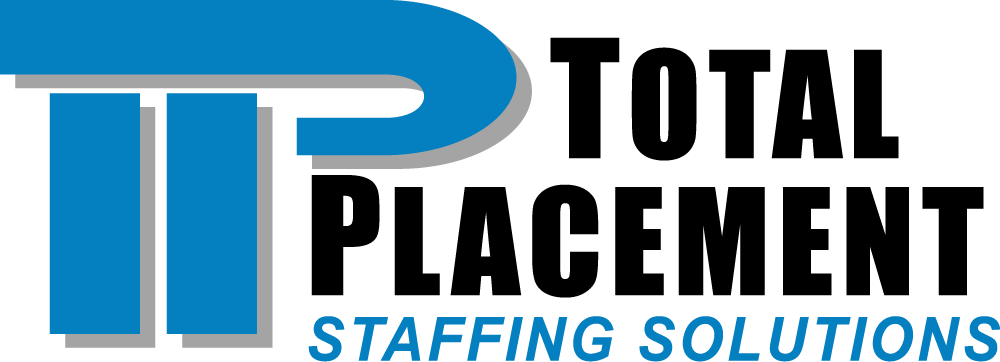Jobs in Waco
 One App gets you access to 100+ employers in Waco! Permanent Jobs!
One App gets you access to 100+ employers in Waco! Permanent Jobs!
We have the inside scoop to get you in front of real employers with real jobs. Over 42,000 placements made!
FREE $100 for Friend Referrals - Click for Details.
FREE SERVICE to Job Seekers => SEE JOBS BELOW
You will be contacted within 24 hours of app completion for an interview. Call us first for Office, Clerical, Admin, Accounting, Manufacturing, Production, Warehouse, or Professional jobs.
Para español, presione el botón anaranjado y luego la bandera.
 One application gets you access to 100+ employers with great jobs in Waco! - Permanent Jobs -
One application gets you access to 100+ employers with great jobs in Waco! - Permanent Jobs -
We have the inside scoop to get you in front of real employers with real jobs. Over 42,000 placements made!
FREE $100 for Friend Referrals - Click for Details.
FREE SERVICE to Job Seekers! => See JOBS BELOW
You will be contacted within 24 hrs of completion of your application for an interview. Call us first for Office, Clerical, Admin, Accounting, Manufacturing, Production, Warehouse, or Professional positions.
Para español, presione el botón anaranjado y luego la bandera.
Great Waco Jobs
BETTER JOBS! GREAT CAREERS!
Are you looking for new job opportunities?
You’ve come to the right place. Every day new openings become available to replace the ones filled. Many are filled before we can even list them! What does that mean for you? It only takes one application to get your information considered by 100+ Waco employers before they get listed. We have had well-established contacts with real employers with real opportunities since 1977. We post job openings in two places: On our website visit: View Jobs in Waco, TX, and on our Facebook page: TotalPlacementWaco. Check-out both!
Improving Lives One Job at a Time Since 1977
How do I apply for jobs?
Total Placement Staffing has an easy, quick, and efficient online application process. You will be contacted within 24 hours of completing your online app to arrange an interview. One application is all you to be considered for all positions on the jobs page, Facebook page, and our unlisted jobs. You will experience a courteous, respectful staff genuinely interested in your success in finding a new Job in Waco and Central Texas. You will feel welcomed and comfortable and treated like a real person at Total Placement.
We understand that not every job is ideal for everyone. If that is the case with your new position, don't worry. Just let us know and we will move you as quickly as possible into another job opportunity you like better. Total Placement is your career coach, not just a placement agency.
Call us today - Your New Career Starts Here!
